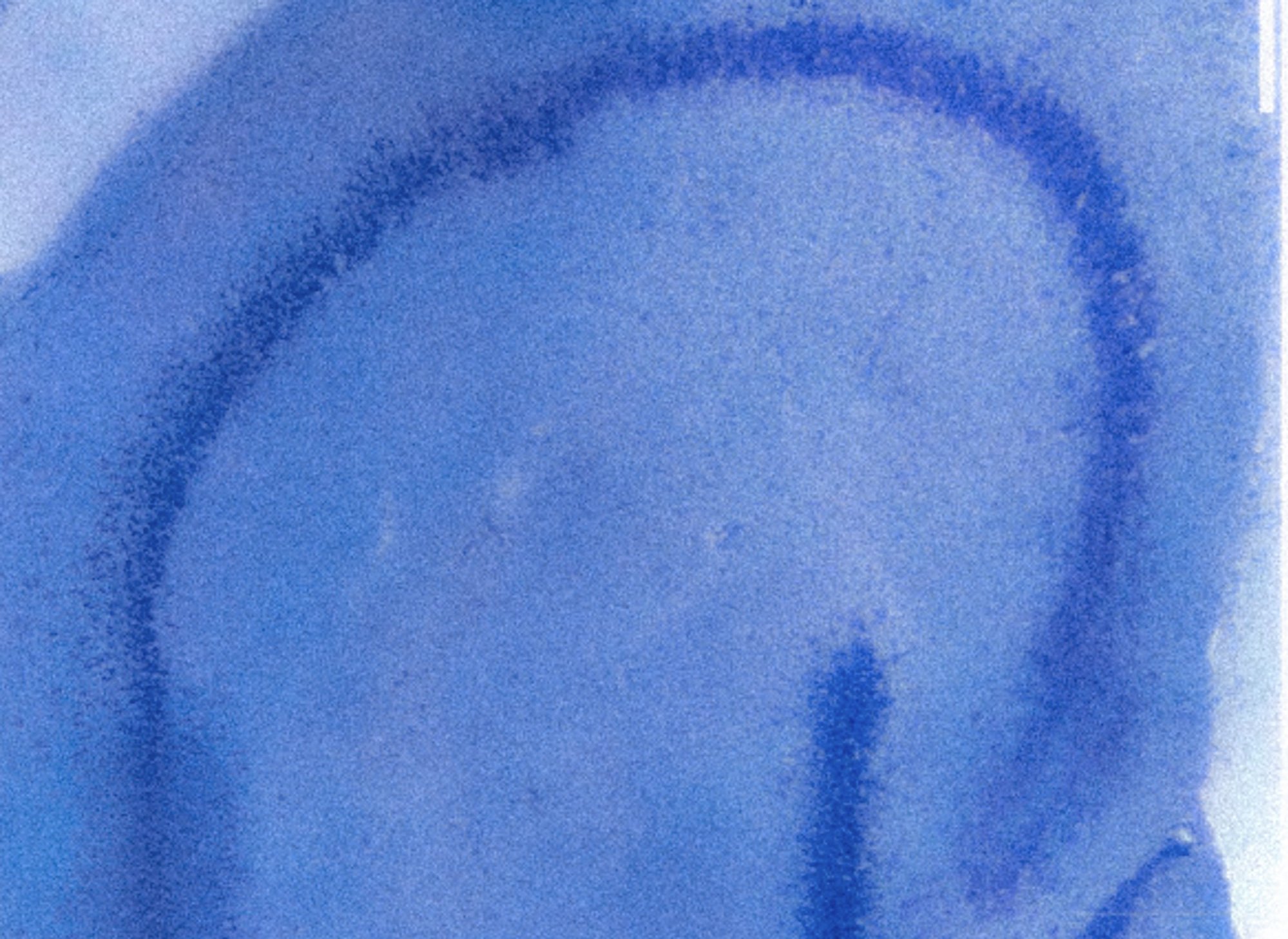
We advance reversible cryopreservation on all frontiers.
The challenge: Biological time keeps ticking.
Biological decay limits medicine development, organ transplantations, and life-saving treatments. Without a way to pause biological time, valuable opportunities are lost.
One of the biggest challenges in CNS disease research is the lack of fresh, functional neural tissue. Developing new treatments costs billions, and the inability to preserve brain tissue slows progress on neurodegenerative diseases like Alzheimer’s and Parkinson’s.
Similarly, organ transplantation faces major limitations - 20% of donated organs go unused because current storage and transport methods cannot prevent degradation, reducing transplant success rates and making long-term organ banking impossible.
By advancing cryopreservation, we can halt biological time, enabling breakthroughs in medicine and organ storage - unlocking possibilities once thought impossible.
We develop cryopreservation technology to preserve organs for transplantation.
Our solutions
We are developing breakthrough cryopreservation technology to safely and reversibly preserve biological structures, unlocking new possibilities in medicine and research. Our approach has applications in tissue, organ, and whole-body preservation, transforming how we store and utilize biological materials.
Tissue Cryopreservation
Cryopreserving functional tissues enables immediate applications in CNS disease research, accelerating drug development. By preserving fresh neural tissue, we can reduce R&D costs by up to 20%, allowing for faster and more effective testing of new treatments.
Organ Cryopreservation
Current organ transplantation is limited by time—many donated organs degrade before reaching a patient. Our technology enables long-term organ preservation, making organ banking possible. This improves distribution, enhances immune compatibility, and ultimately saves more lives.
By making cryopreservation safe, scalable, and reversible, we are pioneering the future of medicine.


